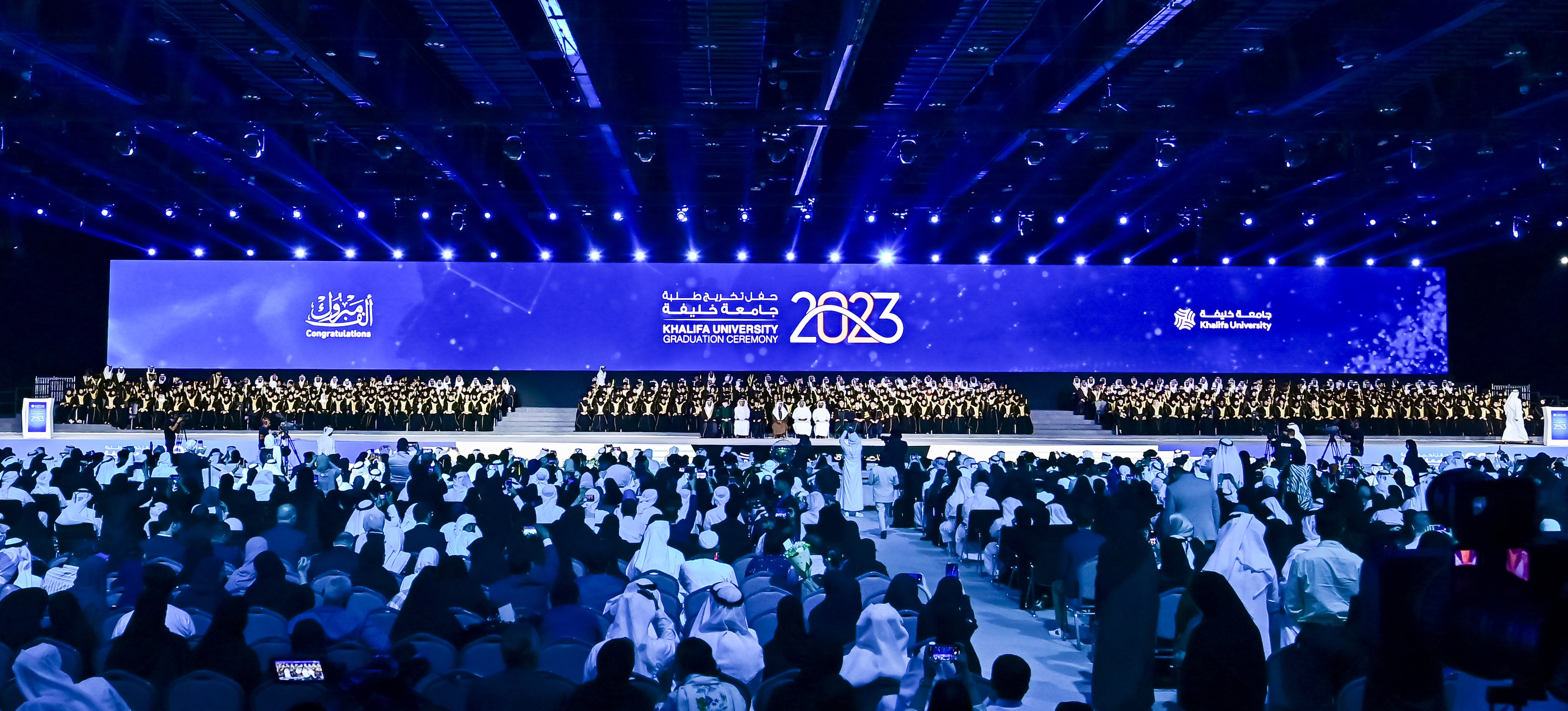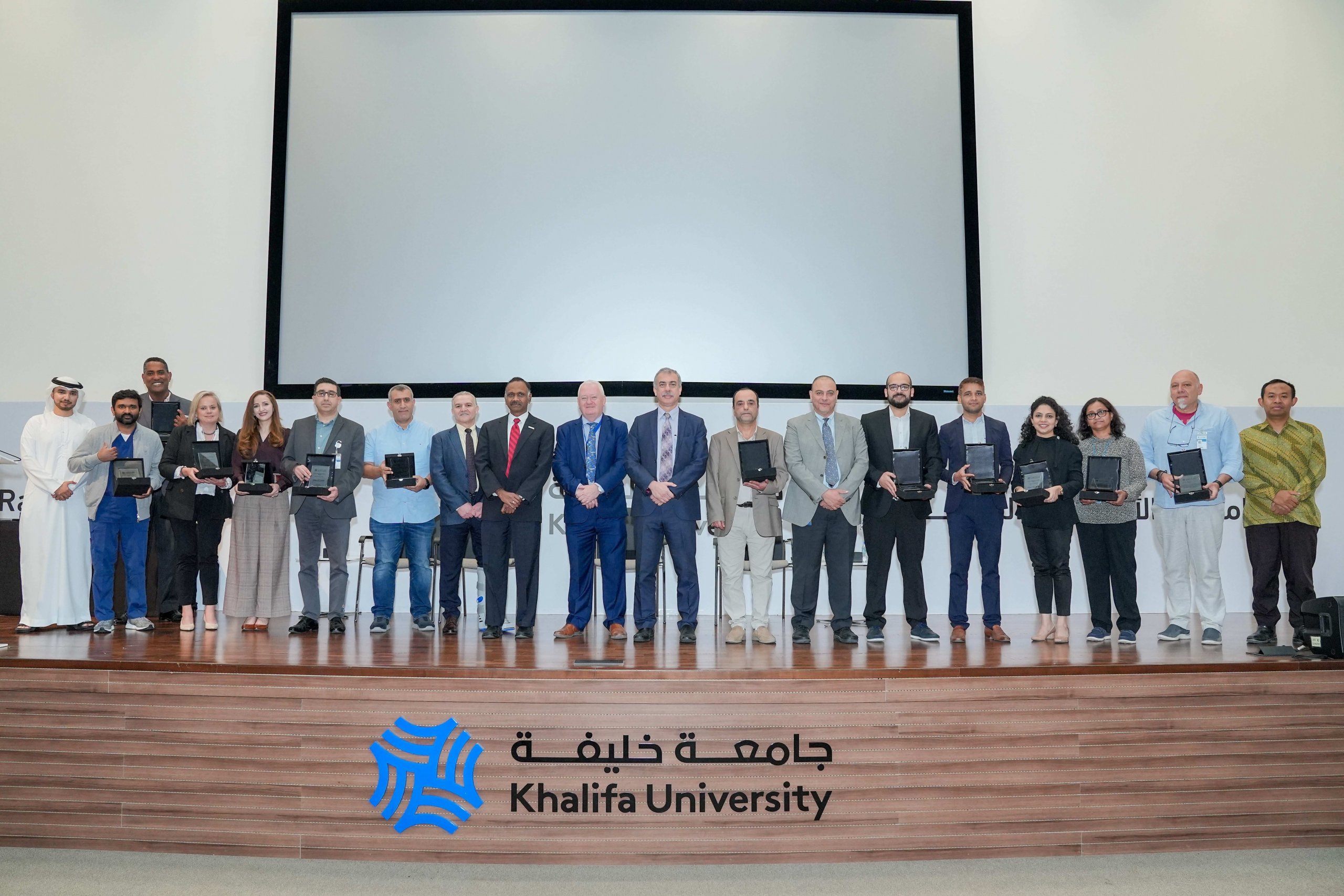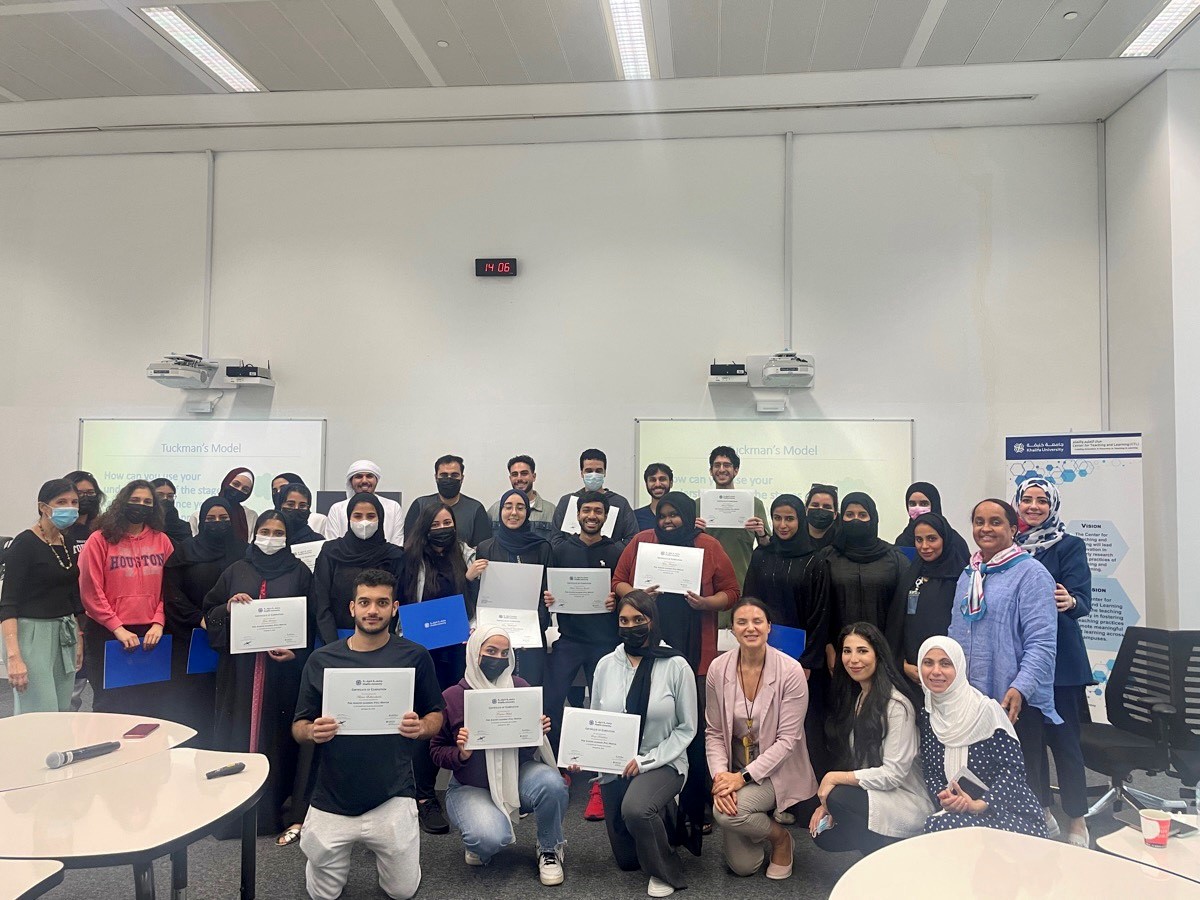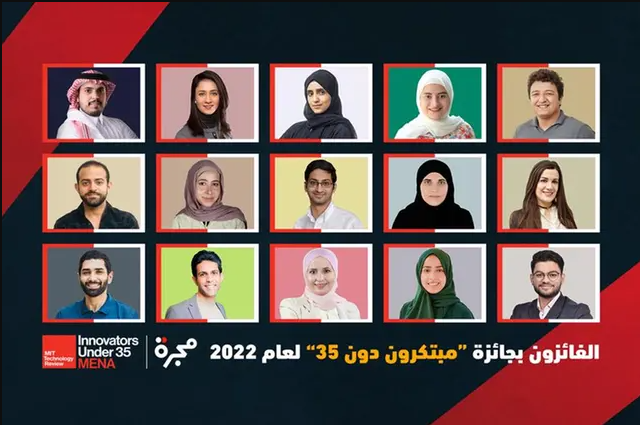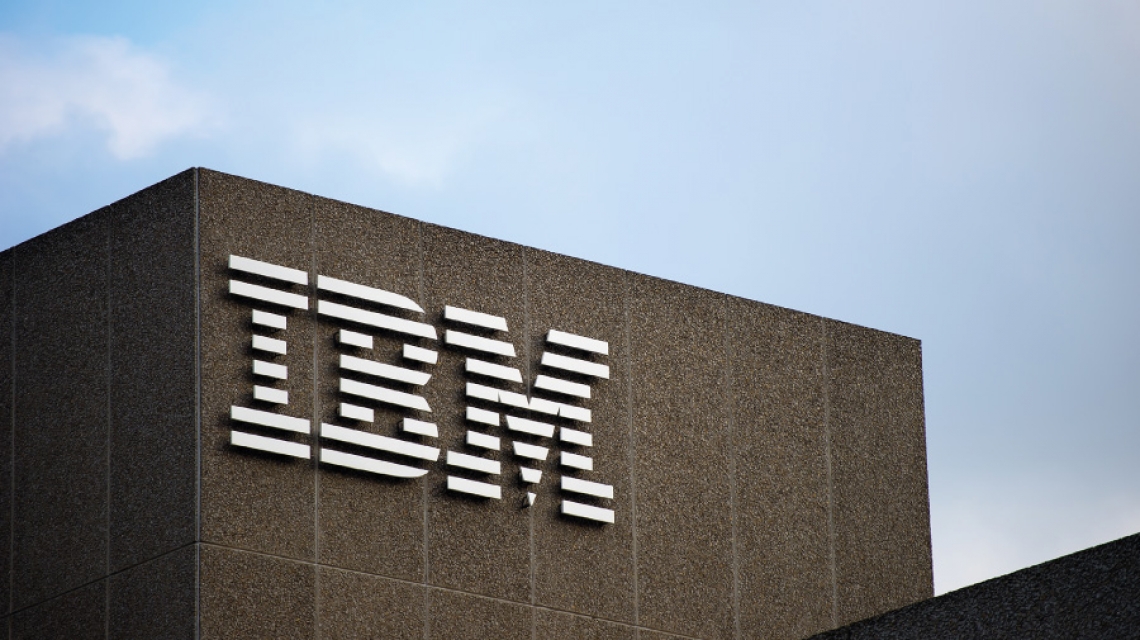
Two Masdar Institute PhD students have returned from a summer at the IBM Thomas J. Watson Research Center – the research headquarters of technology giant IBM Research in New York, USA – where they worked to develop automated systems that may ultimately be used to reduce the power demand of cloud computing.
Cloud computing, or “the cloud,” provides computer resources like data storage and software applications, through the internet. Off-site, cloud computing is rapidly replacing traditional in-house servers and data centers. This surge in cloud computing is increasing the development of energy-intensive computer-server farms that power the cloud, which are responsible for 2% of global carbon emissions, according to a 2014 Greenpeace report.
Responding to this need for greater energy-efficiency in the cloud, Masdar Institute PhD students Puskar Budhathoki and Rupesh Karn worked with IBM to develop a system whose ultimate goal is to improve the performance and energy efficiency of a cloud hardware cluster and its ‘virtual machines’, which are the virtual servers where end-users store their data and run their software applications.
“We are developing a system that leverages machine learning techniques to enable virtual machines to adapt their processing and storage characteristics to utilization needs, which would prevent their underlying servers from wasting energy,” explained Karn, who is a first-year PhD student.
By applying machine learning – the identification of patterns in data to adjust computer actions accordingly – the virtual machine will automatically adapt its processing speed and data storage based on the amount of resources needed – a process known as auto-scaling.
While at IBM, the two students used open-source software to develop machine learning algorithms, which they are now testing on Amazon’s Elastic Compute Cloud (EC2) – a cloud infrastructure that allows subscribers to run applications on Amazon’s computing environment.
“With the work we started at IBM, we intend to further cloud computing work at Masdar Institute, enabling us to perform extensive research in scalability, optimization, power management and security for the cloud,” Budhathoki shared, who is a second year PhD student.
Enhancing the performance of virtual machines, so that excess power is put to use where it’s needed, could help drastically reduce the energy footprint of the cloud’s vast network of computer-server farms. By contributing to greater energy-efficiency in cloud computing, Karn and Budhathoki will support the sustainable growth of the world’s telecommunications industry and other high-tech industries that rely on the cloud.
Speaking about his internship, Budhathoki said, “I had the opportunity to work with top researchers in cloud computing from world class universities like MIT, Stanford, and Princeton. With their support, along with IBM’s experts, I learned how to tackle research problems and explore novel ways to solve them. I also experienced first-hand how the business needs of the company drives IBM’s research.”
These IBM summer internships for the Masdar Institute students were part of a two-year joint study agreement between the Masdar Institute and IBM Research in the area of cloud computing.
“This agreement is a great example of industry-academia collaboration in a high-tech area that will see constant growth for the foreseeable future, especially in terms of job creation for our skilled graduates,” said Dr. Ibrahim (Abe) M. Elfadel, Head of the Masdar Institute Center for Microsystems (iMicro) and Professor of Electrical Engineering and Computer Science. Dr. Elfadel is lead faculty on the collaborative project.
“Puskar and Rupesh have made a great start as IBM interns and will play instrumental roles in continuing the collaboration with IBM as part of their doctoral research. I thank both Masdar Institute and IBM for their solid support and for creating the frameworks and the environments that have made the internships and the collaboration possible,” Dr. Elfadel added.
Dr. Elfadel is Karn’s faculty advisor and he co-advises Budhathoki with Dr. Andreas Henschel, Assistant Professor of Computing and Information Science.
While at IBM research, the Masdar Institute students were coached and supervised by a team of IBM experts led by Dr. Hubertus Franke, a Distinguished Research Staff Member at the IBM T. J. Watson Research Center. “We are very selective when it comes to summer interns,” said Dr. Franke. “This was our first contact with graduate students from Masdar Institute and I can safely say that it has been a very successful one. We are very much looking forward to being part of these students’ doctoral work and to continue collaborating with Masdar Institute.”
Erica Solomon
News and Features Writer
13 December 2015



